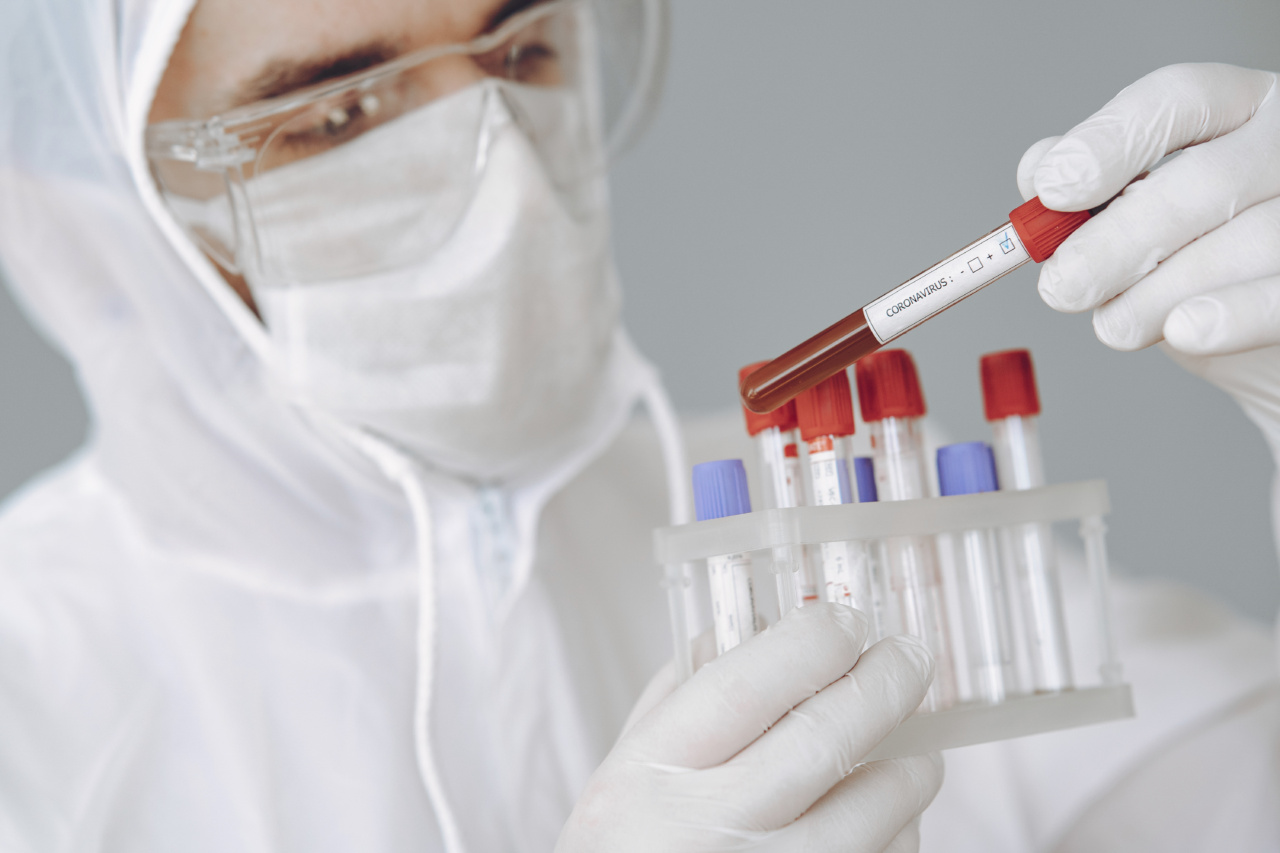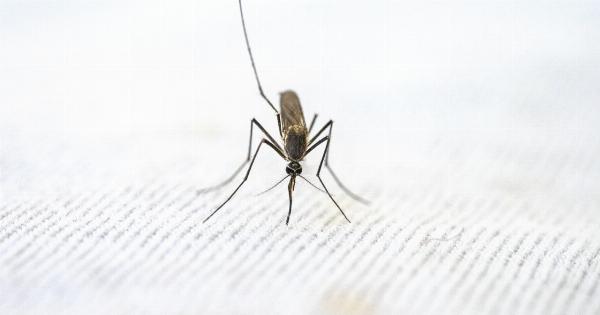Researchers, Dr. Spyros A. Mayorkinis and George Dimopoulos are working tirelessly on understanding the mutations occurring in deadly pathogens.
With the increasing threats of epidemics and pandemics, medical and scientific professionals are racing against time to identify, analyze and develop solutions to combat these diseases effectively. The work of these two experts has brought the world a step closer to this goal.
Understanding Mutations and Pathogens
Mutations occur when there is a change in the genetic material or DNA of an organism. This change can be a deletion, insertion, or substitution of a DNA base pair.
When these changes occur in a pathogen, it can have significant implications for how the disease is transmitted, how it interacts with humans, and how it responds to treatments.
Pathogens are disease-causing organisms, including bacteria, viruses, fungi, and parasites. They cause harm to host organisms, which in some cases, can lead to severe illness or even death.
Pathogens can evolve and mutate, making it challenging to develop treatments or vaccines to combat them. To fight these diseases effectively, it is crucial to understand the genetic mechanisms of pathogens and how they respond to different treatments.
The Work of Mayorkinis and Dimopoulos
Mayorkinis and Dimopoulos are both professors at the School of Medicine and Public Health at the University of Wisconsin-Madison. They lead a team of researchers focused on understanding the genetic mechanisms of pathogens and how they evolve over time.
The two scientists use advanced sequencing technologies to analyze the genomes of different diseases and compare them to identify mutations.
One of the projects of Mayorkinis and Dimopoulos is the study of mosquito-borne diseases. Mosquito-borne diseases such as Dengue and Yellow Fever are a significant concern globally.
In 2017, the World Health Organization estimated that there were around 96 million cases of Dengue globally, with 39% of the world population at risk of contracting the disease.
The study of mosquito-borne diseases involves understanding how the mosquito transmits the virus to humans. The team is working to identify specific genes that may play a role in mosquito-virus interactions.
By identifying these genes, scientists can develop strategies to interrupt the mosquito’s ability to transmit the virus, thereby preventing disease transmission.
Impact of the Work of Mayorkinis and Dimopoulos
The research of Mayorkinis and Dimopoulos has had a significant impact on the scientific community. Their work has been published in several high-impact journals and has been cited extensively.
The two professors have received several awards for their contributions to the field, including the National Institute of Health’s Pioneer Award.
One of the significant impacts of their research is the identification of mutations in pathogens. By understanding how pathogens evolve, scientists can develop more effective treatments and vaccines.
This understanding can also help in the early detection of new strains of diseases, allowing for more accurate diagnosis and timely treatment.
Another impact of their research is in the prevention of disease transmission. By understanding the mechanisms of pathogen transmission, scientists can develop strategies to interrupt this process, preventing the spread of disease.
This approach can also reduce the risk of epidemics and pandemics by stopping the transmission of diseases before they become widespread.
Conclusion
The work of Mayorkinis and Dimopoulos in analyzing mutations in deadly pathogens is a significant contribution to the scientific community.
Their research has opened up new avenues for understanding how these diseases evolve and how they can be effectively treated and prevented. Their work has the potential to have a significant impact on global health and contribute to the prevention of epidemics and pandemics.




























